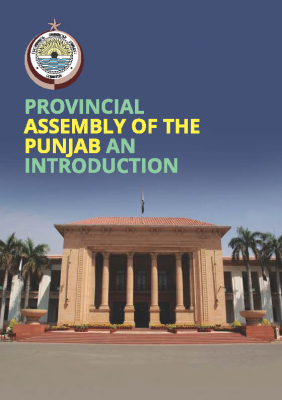
The Provincial Assembly of the Punjab is made up of 37`Members who are elected by the people of the province of Punjab to represent to become a Member of the Provincial Assembly is 25 years. Directly elected members of the Provincial Assembly represent different areas (constituencies) in Punjab. The presence of Members from different constituencies […]
Download (5.19 MB)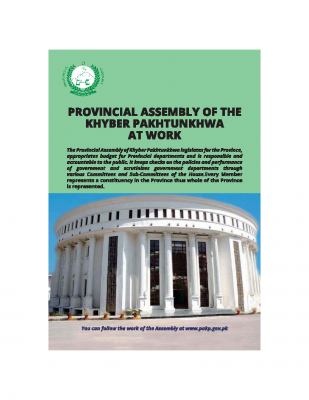
The Provincial Assembly of the Khyber Pakhtunkhwa is the elected House of Representatives where Members represent constituents’ opinion, discuss issue of public importance and scrutinize the policies, actions and expenditures of the government.
Download (5.22 MB)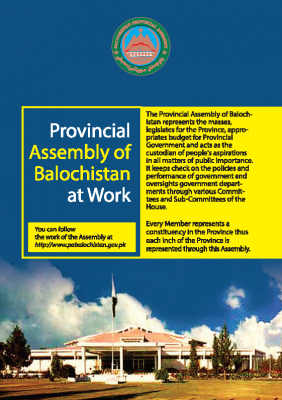
According to the Article 106 of the Constitution of Islamic Republic of Pakistan, the Provincial Assembly of Balochistan has 65 Members where 51 Members are directly elected on general seats from the districts of Balochistan, 11 seats reserved fro women and 3 reserved seats for Non-Muslims.
Download (3.59 MB)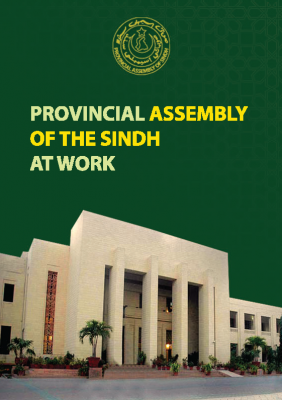
The Provincial Assembly of the Sindh is a place where members represent constituents’ opinions, discuss issues of public importance and call on government to explain its actions. The Provincial Government of Sindh cannot impose new taxes without the approval of the Provincial Assembly.
Download (3.98 MB)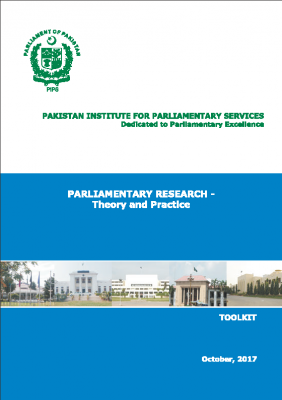
The toolkit is based on experiential learning methodology and endeavours that parliamentary researchers and librarians understand and develop skills to practice various activities they are expected to do while conducting research for preparation of informational packs for individual legislators or parliamentary committees. This explains composition of various parliamentary research products including but not limited to […]
Download (49.40 MB)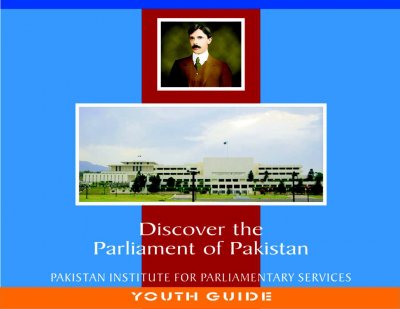
The PIPS faculty and staff under the leadership of Executive Director Mr. Zafarullah Khan acknowledges that strong, active and vibrant youth is the asset of the nation, which steer and ensures the sustainable and developed future of the state. In this way PIPS is committed to engage the youth with Honorable Parliamentarians and leaders of […]
Download (6.87 MB)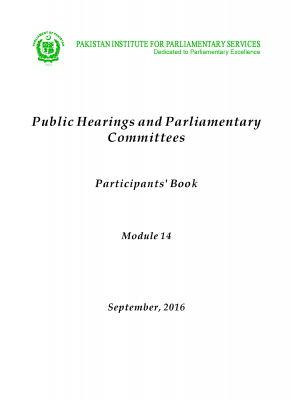
A strong, active committee system is an asset in any functioning parliamentary democracy. A comprehensive system of parliamentary committees provides greater accountability by making the policy and administrative functions of government more open and accountable, giving the people more and better access to parliamentary processes and ensuring Members of Parliament have more involvement in and […]
Download (67.50 MB)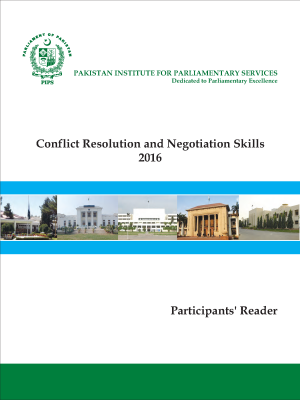
More importantly, Members of Parliament are conflict managers in their constituency, which are always expected to promote “unity in diversity,” as political leaders to maintain a tolerant and peaceful society. Their role as Members of Parliament of a federation all the more expects them to be effective negotiators to build agreements and consensus in day […]
Download (793.73 KB)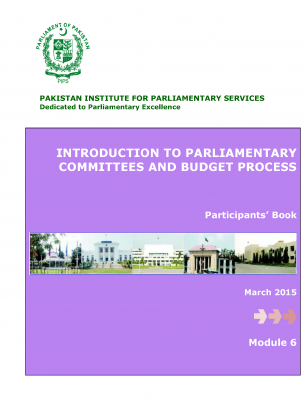
Budgeting is the process of creating a plan to spend your money. Budget Planning helps to determine in advance the expenses and how to fund them. With reference to government the budget is its most important economic policy tool and provides a comprehensive statement of the priorities of a nation. There is also an obligation […]
Download (1.19 MB)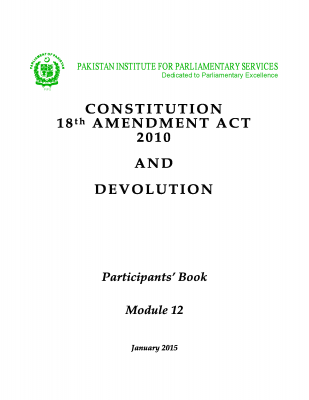
The unanimous passage of 18th Constitutional Amendment Bill by the Parliament of Pakistan has moved Pakistan away from a presidential form of government susceptible to military coups, say the Speaker of the National true manifestation of evolving stronger tradition of parliamentary democracy in the country. President, Asif Ali Zardari signed the 18th Constitutional Amendment Bill […]
Download (13.04 MB)